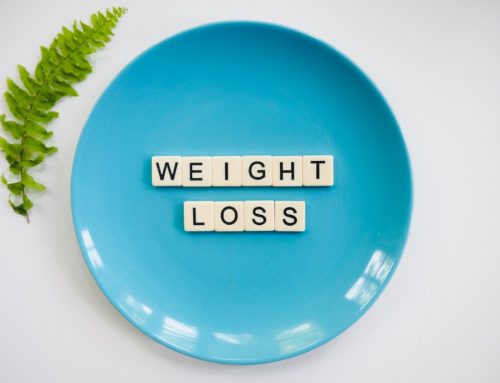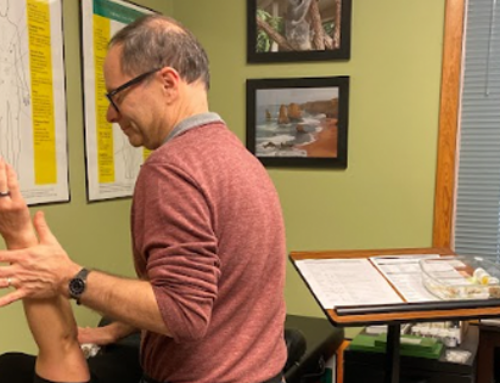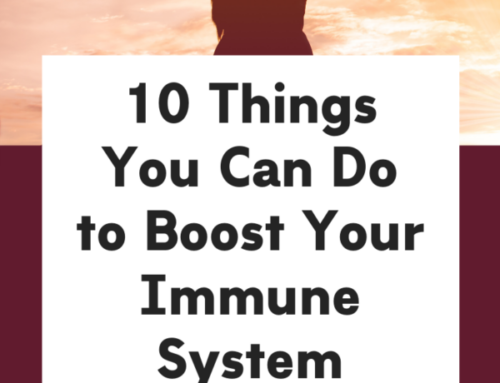In my previous article I mentioned how this is my favorite time of the year – and one of the reasons being the arrival of fresh vegetables. As I discussed vegetables are loaded with vitamins, minerals, and fiber. The most nutritious vegetables are the dark leafy greens (kale, spinach, collard greens, mustard greens, chard) and the Cruciferous family (broccoli, cauliflower, Brussels sprouts, cabbage). These are loaded with Beta-Carotene, Vitamin C, Folate, Vitamin E, Vitamin K, Calcium, Magnesium, Potassium, and Zinc.
In Part 1 I discussed the vitamins. In this article we’ll learn about the minerals – Calcium, Magnesium, Potassium, and Zinc.
Calcium is one of the most important minerals to the body. While we often think of calcium and milk, it is actually highly available in many vegetables. One of the best sources is the leafy green vegetables including collard greens, mustard greens, spinach, beet greens, and turnip greens. Calcium is also found in broccoli and asparagus as well as many nuts and seeds. Calcium is best known for supporting strong bones and teeth, but it is also crucial for muscle tissue, blood clotting, supporting cardiovascular and nerve functions, supporting the immune system and helping in normal functioning of many enzymes. In short, it supports the whole body!
Right up there in importance with Calcium is Magnesium. In fact, they often work together in the body. Magnesium is found in artichokes, beans and seeds (black, green, navy, pinto, pumpkin, sesame, and sunflower), cashews, broccoli, spinach, Swiss chard, and tomatoes. Magnesium supports normal acid/alkaline and blood pH balance; aids in enzyme activation (remember enzymes make everything happen in the body!); helps metabolize blood sugar and produce cortisone; supports healthy nerve and muscle function (it works with calcium to keep the nerves firing and the muscles moving and is involved in nerve signal transmission, muscle contraction, and heart rhythm); assists in forming bones and teeth; and plays a role in nucleic acid, protein, carbohydrate, and fat synthesis.
And, right up there with Calcium and Magnesium, is Potassium! Potassium is found in artichokes, beet greens, broccoli, Brussels sprouts, kale, lentils, lima beans, pinto beans, spinach, Swiss chard, and yams. Potassium is also found in fruits such as avocado (yes it is technically a fruit) bananas, grapes, oranges, papaya, raisins, and tomatoes (a fruit too!). Nuts and seeds such as almonds and sunflower seeds are also good sources.
Potassium is critical for the ongoing health of every cell in our body. That’s a pretty important job! Along with its partner sodium, the two minerals balance the nutrient and waste exchange of each cell. Potassium is involved in nerve and muscle functioning where it again teams with sodium. It also maintains our body’s fluid balance, electrolyte balance, and pH balance. Additional functions of potassium include aiding in sugar metabolism, activating enzymes, supporting healthy heart function, and calming the nervous system.
Zinc is found in beets, carrots, green peas, mushrooms, and spinach. It is also prevalent in nuts and seeds such as almonds, cashews, pumpkin seeds, and sesame seeds. Zinc is known for its support of the immune system but it also is critical in the formation of many enzymes and insulin. It also assists with wound healing, reproductive organ growth and development, and metabolism of phosphorus, carbohydrates, and proteins. Putting it simply – zinc helps many body processes work.
Zinc is especially important for men. Zinc is one of the key nutrients for the prostate gland. Men will want to make sure they are getting sufficient zinc. One in six men will be diagnosed with prostate cancer.
Please note that these minerals are found in other food sources as well. For the purposes of this article I wanted to illustrate their availability in all the wonderful fresh vegetables (and a few fruits) that are being grown locally and are now or will soon be available to you. Enjoy!
Bernard Rosen, PhD is a Nutrition Consultant and Educator. He works with individuals, groups, and at corporations to create individualized nutrition and wellness programs. His office is in Mequon, WI. To learn more or to schedule an appointment, e-mail at bernie@brwellness.com, call (262) 389-9907 or go to www.brwellness.com.







